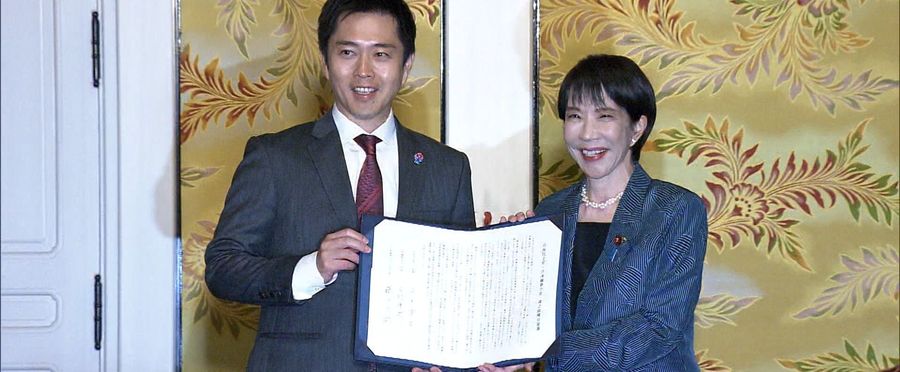The Ji-Wi party in Japan has signed a coalition agreement, the full text of which has been made public. This development portends a potential shift in Japanese politics as differing factions set aside their divisions to form a united front. The coalition agreement aims to facilitate effective governance and promote stability after a tumultuous year in Japanese politics.
In Japan, the signing of a coalition agreement is a major step towards forming a government. It's typically followed by intense public scrutiny as it outlines key policy commitments and the governmental structures that will be put into place. The public tends to pay close attention to such agreements and their implications, particularly those in relation to the economy, social welfare, and foreign policy.
In the US or EU, the formation of coalitions is not as common as in Japan. For instance, in the US, politics is dominated by two major parties, making coalition governments unnecessary. However, in parts of the EU, coalitions are often needed to ensure a balance of power and represent diverse perspectives, much like in Japan.

